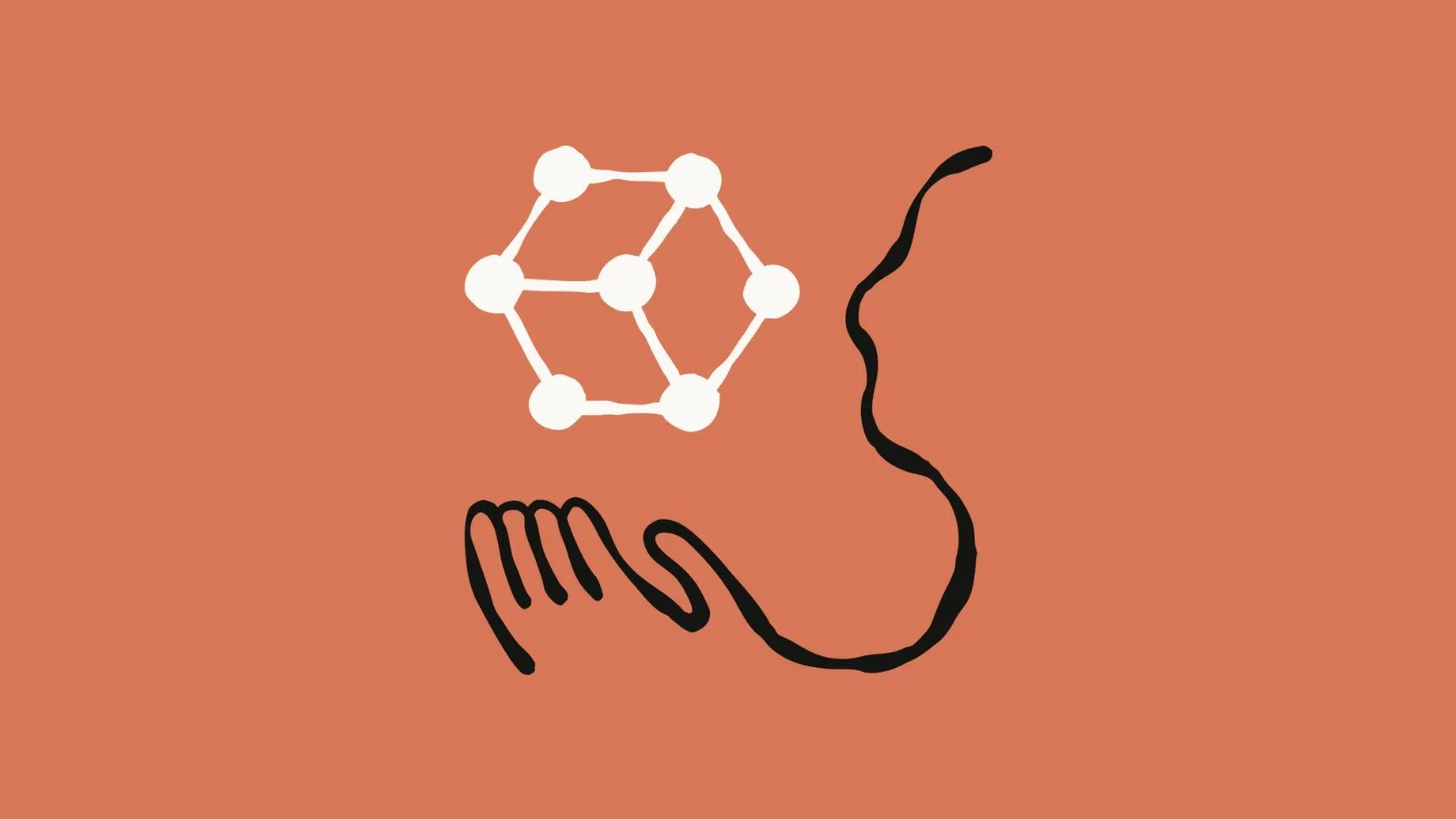AI
Anthropic’s Claude Sonnet 4.5 codes better than a pro
Anthropic also claims Sonnet 4.5 is its most aligned model yet, with fewer sycophantic answers and stronger defenses.

Just a heads up, if you buy something through our links, we may get a small share of the sale. It’s one of the ways we keep the lights on here. Click here for more.
Anthropic isn’t slowing down in the AI arms race. The company rolled out Claude Sonnet 4.5, a new frontier model it claims can code like a seasoned engineer, and maybe even better.
Unlike earlier AI tools that were good for quick prototypes, Anthropic says Sonnet 4.5 is reliable enough to build production-ready apps.
This model isn’t just doodling in the margins. It’s ready to ship real software.
Developers can grab Sonnet 4.5 through the Claude API or the Claude chatbot at the same price as its predecessor: $3 per million input tokens (roughly three Lord of the Rings trilogies’ worth of words) and $15 per million output tokens.
That’s a lot of code for the price of a decent burrito.
Anthropic has become a darling among developers and big tech firms like Apple and Meta, reportedly uses Claude behind the scenes, and its models power popular coding apps like Cursor, Windsurf, and Replit.
But competition is heating up. OpenAI’s upcoming GPT-5 is already beating Claude on several coding benchmarks, so Anthropic is swinging back hard.
Benchmarks aside, Anthropic insists Sonnet 4.5 shines in the real world.
Researcher David Hershey told TechCrunch he’s seen the model work for 30 straight hours, autonomously coding an app, setting up databases, buying domain names, and even performing a SOC 2 security audit.
That’s not just writing code, that’s basically launching a startup while you binge Netflix.
Industry insiders are impressed. Cursor CEO Michael Truell called it “state-of-the-art,” while Windsurf’s Jeff Wang said it marks a “new generation of coding models.”
Anthropic also claims Sonnet 4.5 is its most aligned model yet, with fewer sycophantic “Yes, boss” answers and stronger defenses against sneaky prompt attacks.
Alongside the model, Anthropic is dropping a Claude Agent SDK to help developers build their own agents, plus a flashy research preview called Imagine with Claude, which live-generates software in real time.
The timing is classic AI one-upmanship: Sonnet 4.5 lands barely two months after Claude Opus 4.1.
Does Anthropic’s Claude Sonnet 4.5 autonomous coding capability represent a genuine breakthrough toward AI replacing junior developers, or are these 30-hour coding marathons still impressive demos that can’t match human judgment on complex projects? Should developers view AI coding assistants like Claude as tools that augment their work, or as competitive threats that will fundamentally reshape the software development job market? Tell us below in the comments, or reach us via our Twitter or Facebook.



























